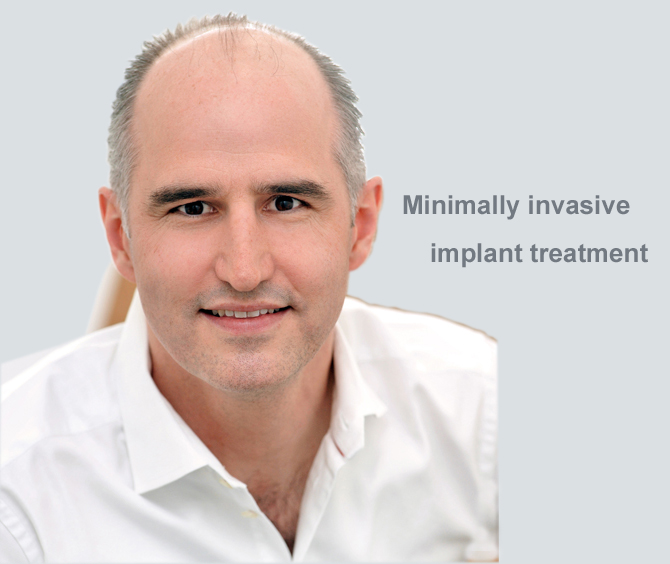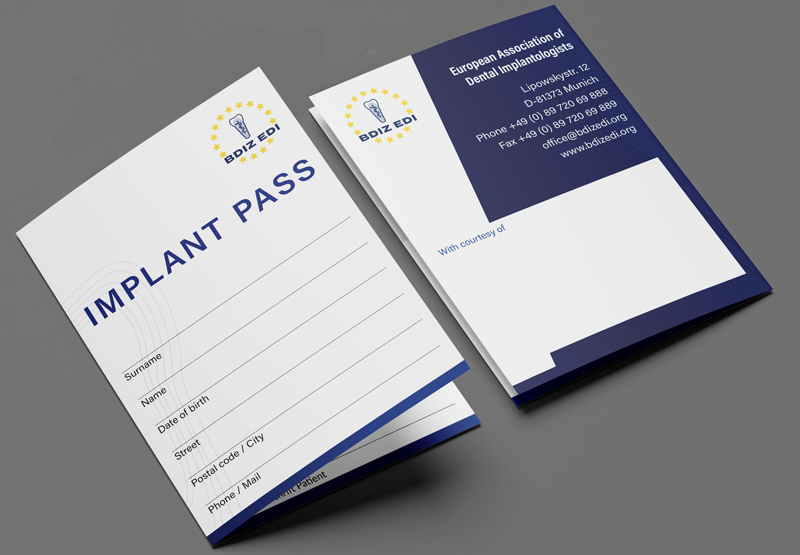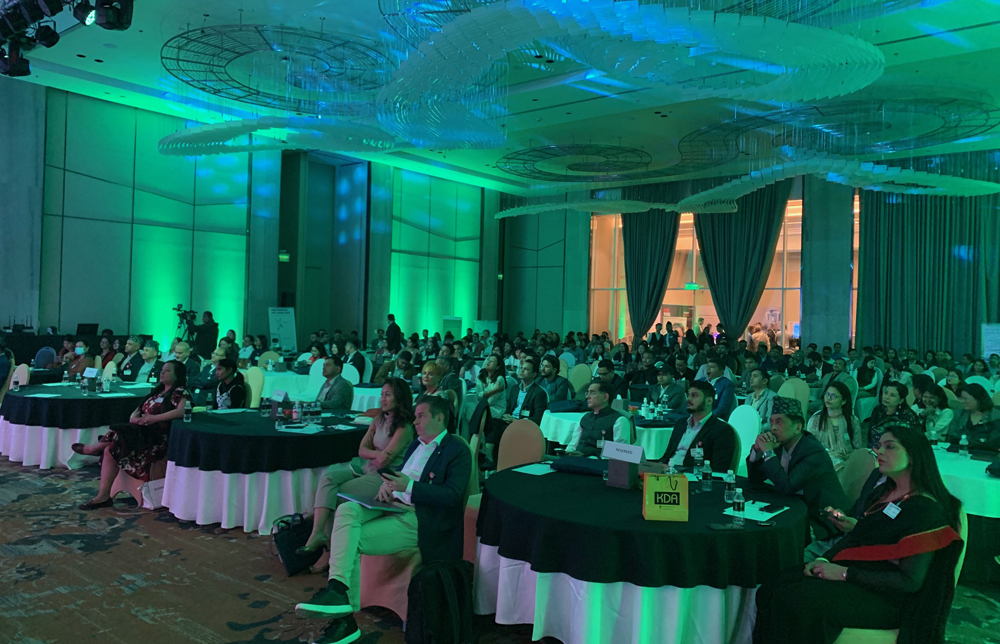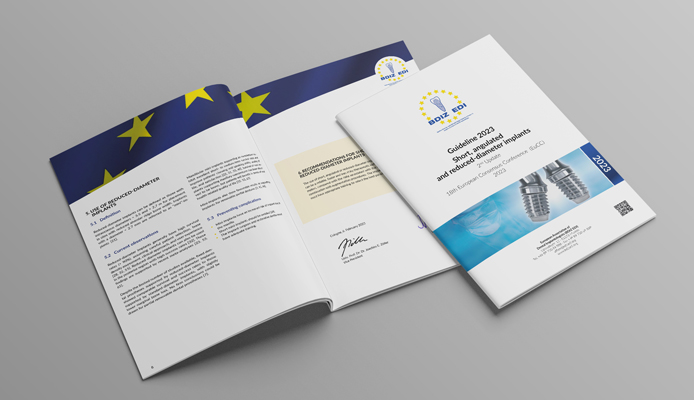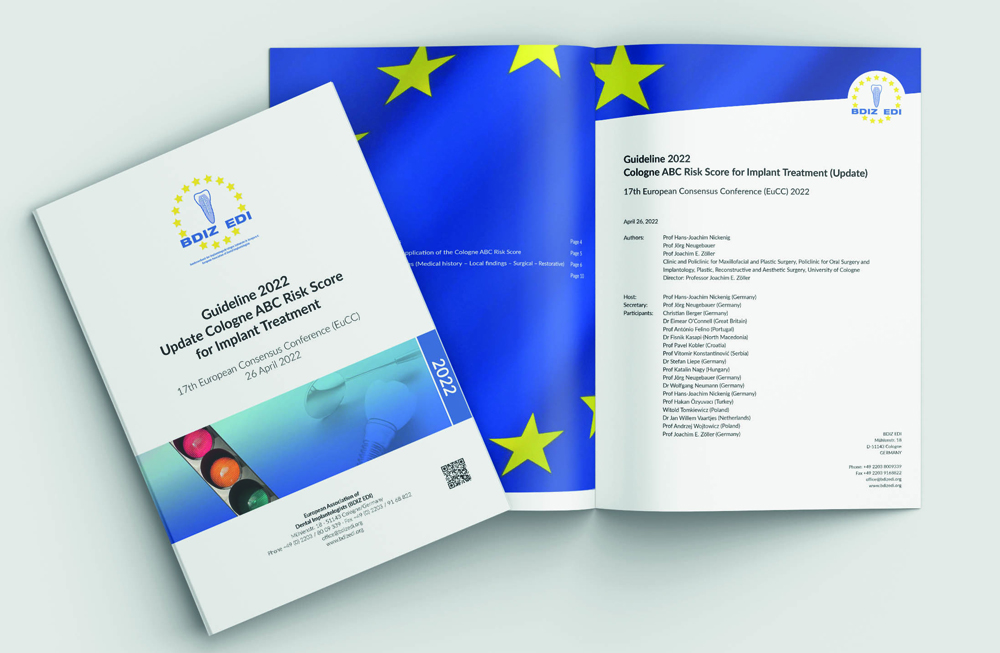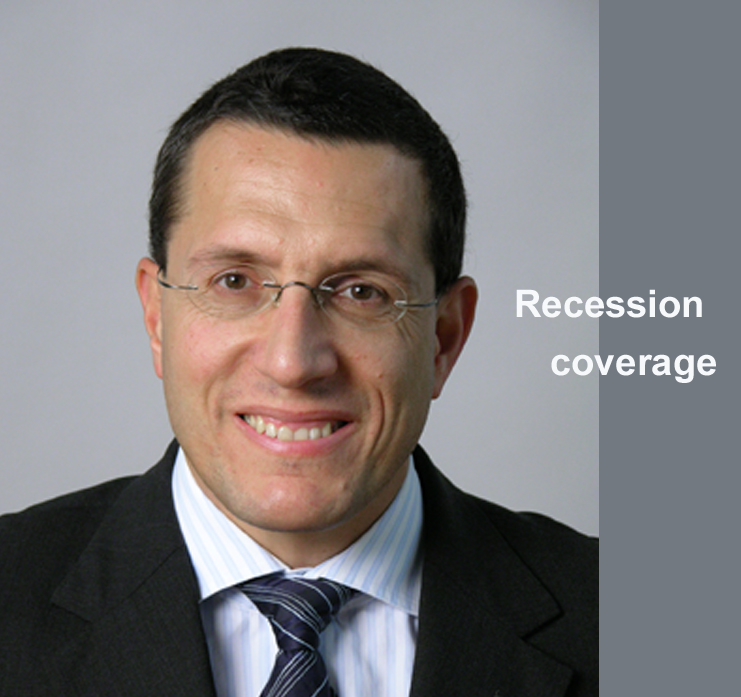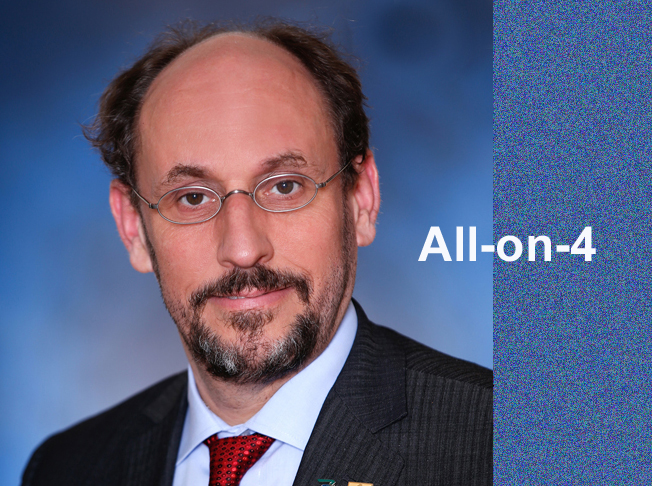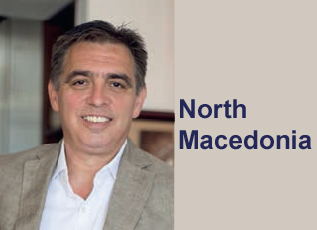Prof. Dr Stefan Fickl (Würzburg) discussed the interface between periodontology and implantology. Does minimally invasive implant treatment make sense at all in perio patients? Fickl, himself both a periodontist and an implantologist, answered this question in great detail.
While implants are a well-documented method for restoring the dentitions of partially edentulous patients, he said, it is known that patients who had lost teeth to periodontitis are at greater risk for implant loss or inflammation around implants. “As clinicians, we very often find ourselves in a position where we have to weigh alternatives, because many of the teeth that are lost these days are lost to severe periodontitis,” said Fickl. “We have to decide: are implants feasible in these situations or might conventional prosthetic concepts be preferable?”
In partial support of his view, he cited data from a Swedish study by Karlsson et al., who had followed 598 implant patients over 9 years and found that 42% of them had experienced complications. The risk is 1.6 times higher in periodontitis patients, and up to four times higher in partial-arch and full-arch patients. For Fickl himself, one insight had emerged in recent years: “With a high-risk patient, try to be as conservative as possible, try to delay implants – because you are bound to face problems!”
Having presented several additional studies that supported the risk of implantation in periodontitis patients and shared some of his implant cases, Fickl proffered these take-home messages: Biological complications are common in perio patients. Tooth preservation should be preferred where possible. Strict requirements for implant dentistry must be carefully considered. If implants are to be placed, they should be small fixtures with sufficient bone and soft-tissue support, and the implant system chosen also plays a crucial role.

